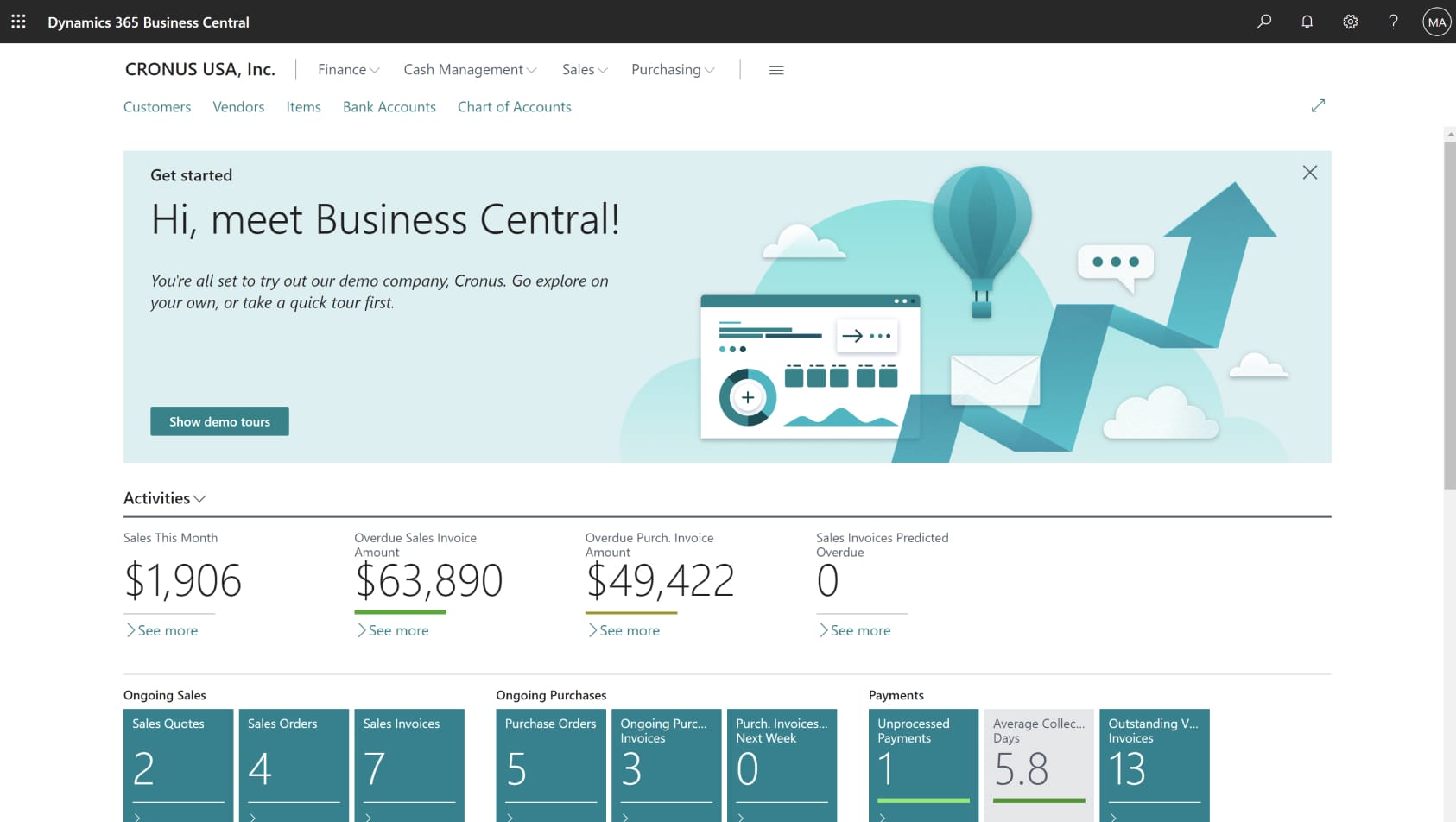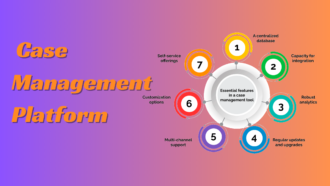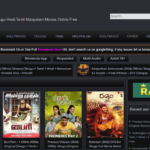What Factors Determine the Pricing of Microsoft Business Central?
Pricing is crucial when selecting an enterprise resource planning (ERP) solution like Microsoft Dynamics 365 Business Central. It is essential to understand the various factors that determine the pricing structure of Business Central. In this blog post, we will explore the key elements that influence the Pricing of Microsoft Dynamics Business Central.
7 Factors To Determine the Pricing of Microsoft Business Central
Licensing Model
Microsoft Business Central offers a subscription-based licensing model. This means that users pay a recurring fee based on the number of users and the level of functionality required. The licensing model typically includes different tiers or editions, such as Essential and Premium, with varying features and capabilities.
The selection of the appropriate edition based on business requirements plays a significant role in determining the pricing of Business Central.
User Count
The number of users accessing Dynamics 365 Business Central is a significant factor in determining its pricing. Businesses can choose the number of users they want to license the software for, and the pricing is usually tiered based on user count.
As the number of users increases, the overall pricing of D365 Business Central typically goes up. It’s important to carefully evaluate the user count requirements to ensure an optimal balance between functionality and cost.
Functionality and Customization
Microsoft Business Central provides various functionalities to cater to different business needs. The pricing of Dynamics 365 Business Central depends on the specific functionalities an organization requires. Advanced features and modules such as manufacturing, warehousing, and service management may incur additional costs.
Moreover, customization requirements, such as tailored workflows, integrations with other systems, or industry-specific configurations, can also impact Business Central’s pricinCentral’svs. On-Premises Deployment
Microsoft Dynamics Business Central offers both cloud and on-premises deployment options. The pricing structure can vary depending on the deployment choice. Cloud-based deployments usually involve a subscription fee that covers software licensing, hosting, maintenance, and updates.
On the other hand, on-premises deployments may involve upfront license costs and separate fees for hardware, infrastructure, and ongoing maintenance. Choosing the right deployment option based on business needs and budgetary considerations is essential in determining Microsoft Business Central’s pricing.
Support and Service Level Agreements (SLAs)
Another factor that affects the pricing of Microsoft D365 Business Central is the level of support and service provided. Microsoft offers different support plans and SLAs that guarantee response times and availability.
Higher-tier support plans with enhanced services typically come at a higher cost. Businesses must assess their support requirements and consider the level of assistance they need when evaluating Business Central’s pricinCentral’s‘re not satisyou’reith your current Dynamics 365 partner, you can seek our help. We are always there for you. Dynamics Square is a team of Microsoft ERP solutions. With 12+ years of industry expertise, we can guide you through every step of your digital transformation journey by providing you with the best Microsoft Business Central Support.
Add-Ons and Integrations
Business Central provides a platform for third-party developers to create and offer add-ons and integrations. These additional functionalities and integrations can enhance Dynamics 365 Business Central’s capabiCentral’st may come at an extra cost.
The pricing of these add-ons and integrations can vary depending on the complexity and value they provide. Evaluating the need for add-ons and associated costs is vital to understanding Business Central’s overall pricing.
Licensing Agreement Terms
The specific terms and conditions of the licensing agreement can impact Microsoft Business Central’s pricing. Factors such as contract duration, renewal options, discounts for longer-term commitments, and volume-based pricing can all affect the overall cost. Reviewing the licensing agreement thoroughly and negotiating favorable terms to ensure a fair and cost-effective pricing structure is crucial.
Get in touch with us for seamless Business Central support and related help. Contact us now.
Sales Pricing in Microsoft Business Central
Conclusion
Understanding the factors that determine Microsoft Dynamics 365 Business Central’s pricing is essential for making an informed decision. The licensing model, user count, functionality requirements, deployment options, support and service levels, add-ons and integrations, and licensing agreement terms all contribute to the overall pricing structure.
By carefully evaluating these factors and aligning them with your business needs and budget, you can determine the most suitable pricing plan for Microsoft Business Central that maximizes value and supports your organization’s growth.
If you are looking for an organization, contact us. We at Dynamics Square are a team of Dynamics 365 experts who help businesses achieve more with less.


















